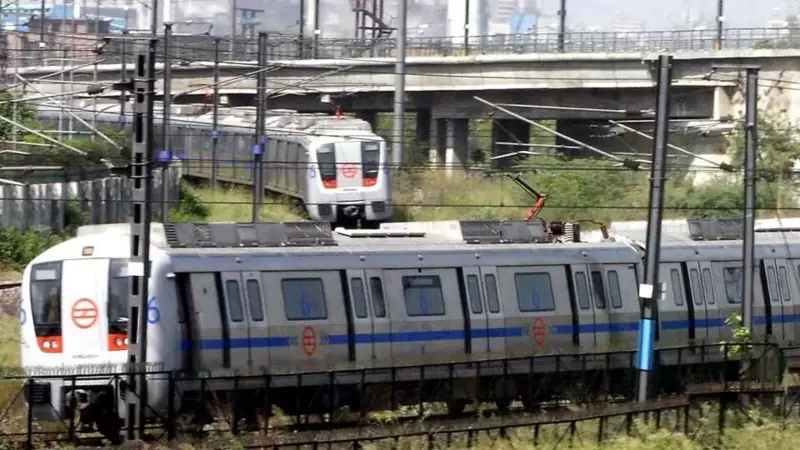
Delhi's worsening air quality crisis has prompted the Delhi Metro Rail Corporation (DMRC) to launch an emergency response, adding 40 additional trips on weekdays across its network. This proactive measure aims to reduce vehicular pollution by encouraging more commuters to choose public transportation during the severe pollution period.
Emergency Measures Activated
Starting immediately, the Delhi Metro will operate these supplementary trips from Monday to Friday, significantly increasing frequency during peak hours. The decision comes as Delhi's Air Quality Index (AQI) consistently remains in the 'severe' category, posing serious health risks to residents.
Parking Restrictions Implemented
In a parallel move to discourage private vehicle usage, parking facilities at Metro stations including Kashmere Gate, Rajiv Chowk, and Central Secretariat will remain closed until further notice. This strategic decision is expected to reduce congestion and vehicle emissions around key transit hubs.
Comprehensive Anti-Pollution Strategy
The additional metro services represent a crucial component of Delhi's broader Graded Response Action Plan (GRAP) to combat air pollution. By enhancing metro frequency, authorities aim to:
- Provide a viable alternative to private vehicles
- Reduce overall vehicular emissions
- Minimize exposure to toxic air for commuters
- Support the city's emergency pollution control efforts
Health Advisory for Residents
Medical experts strongly recommend that Delhi residents, particularly children, elderly individuals, and those with respiratory conditions, limit outdoor exposure and use N95 masks when venturing outside. The metro's expanded services offer a safer commuting option during this environmental health emergency.
The DMRC has assured commuters that all necessary measures are being taken to maintain service quality and hygiene standards despite the increased operational frequency.





